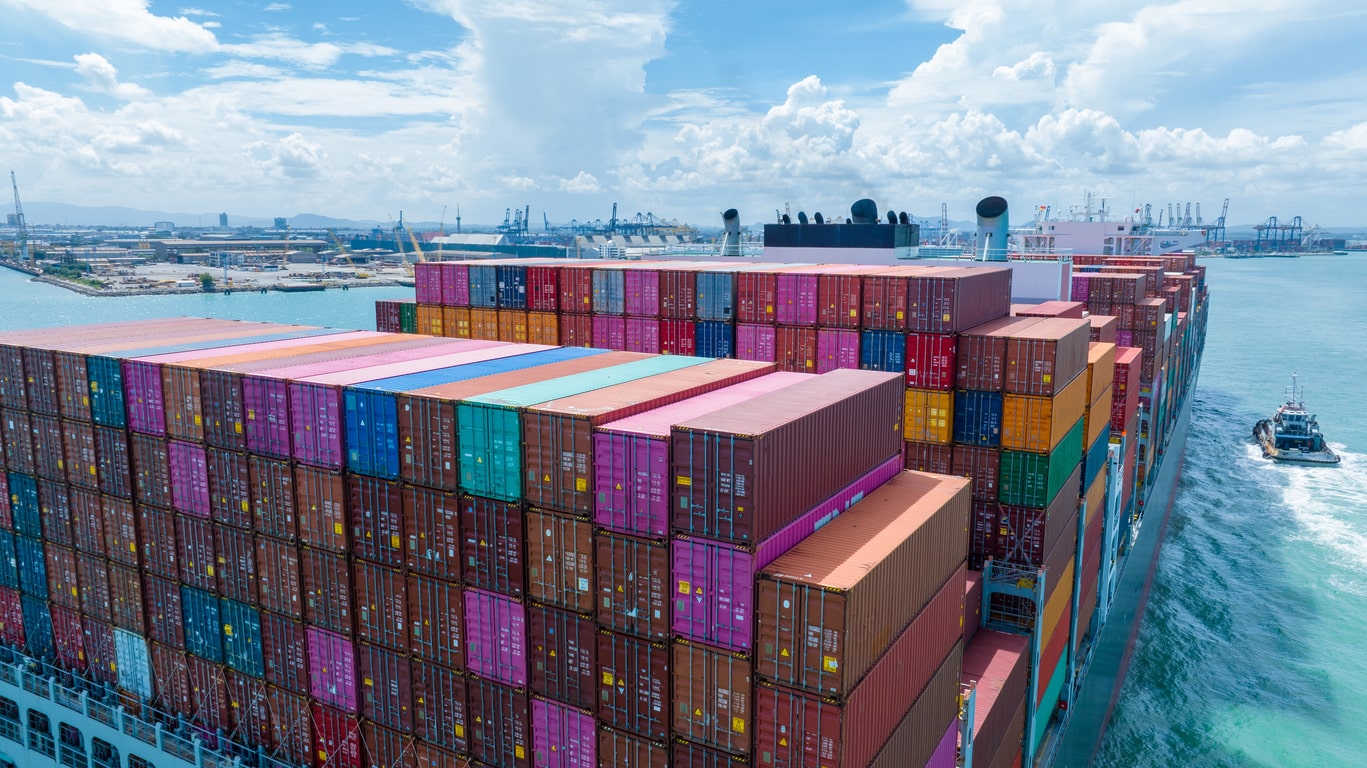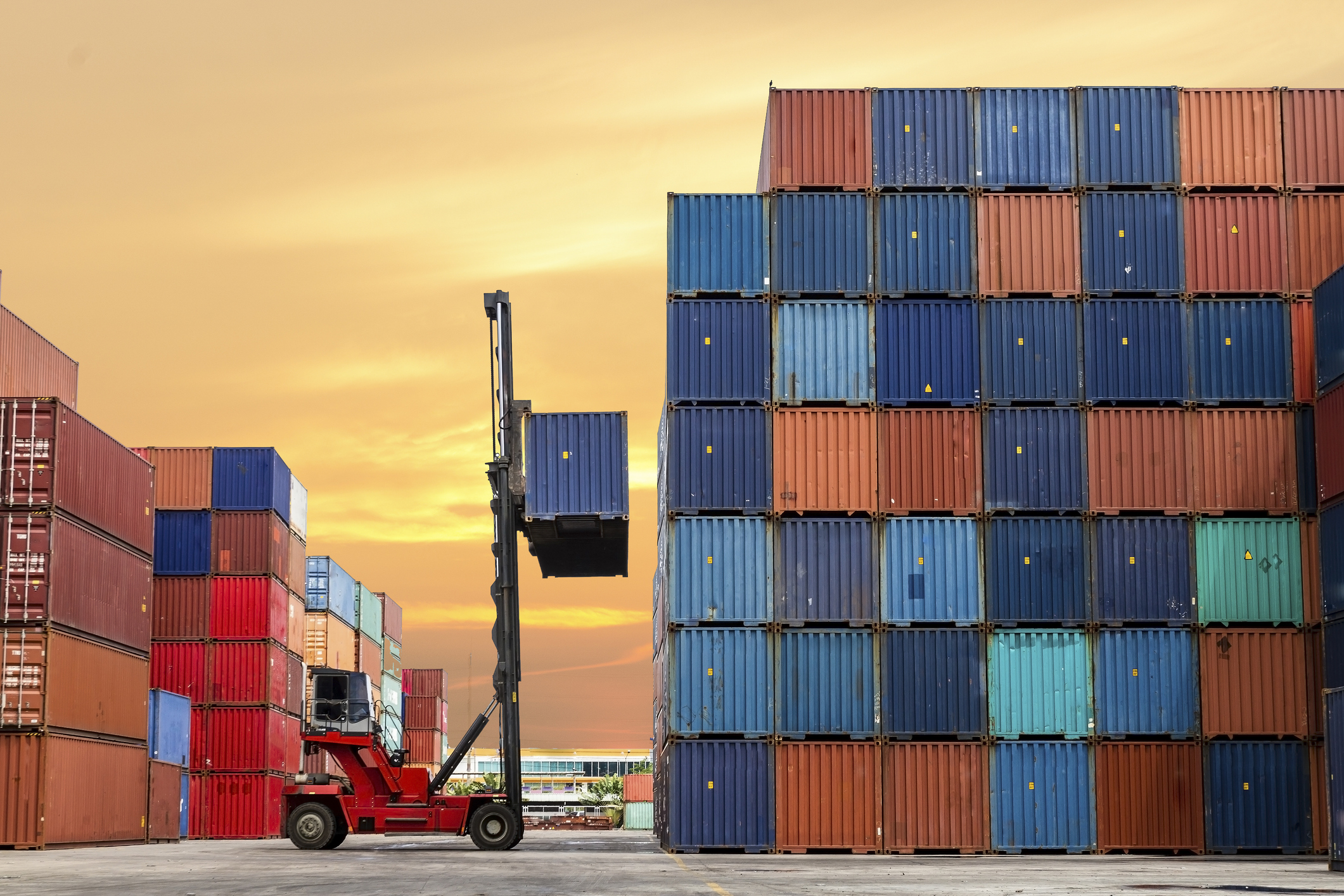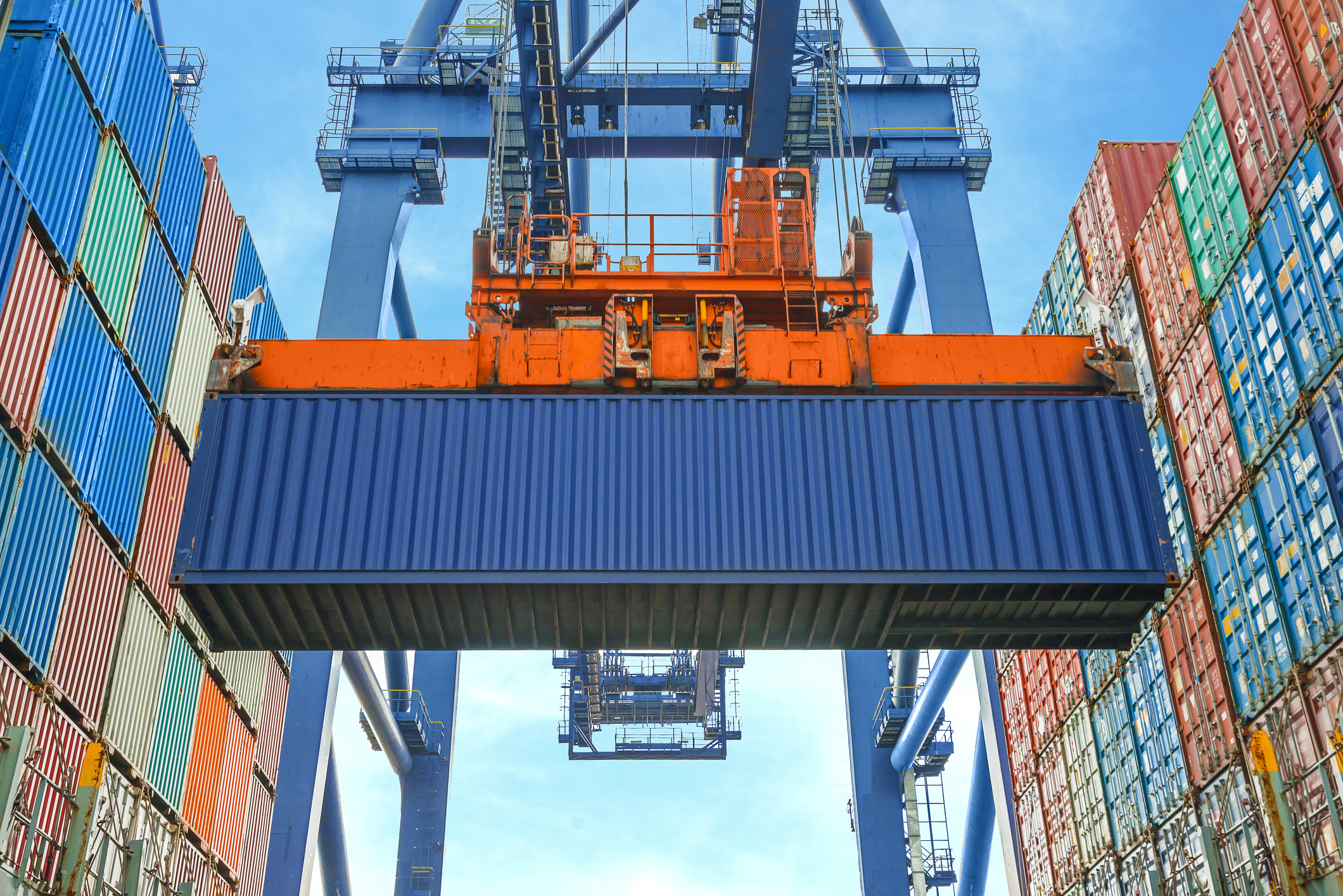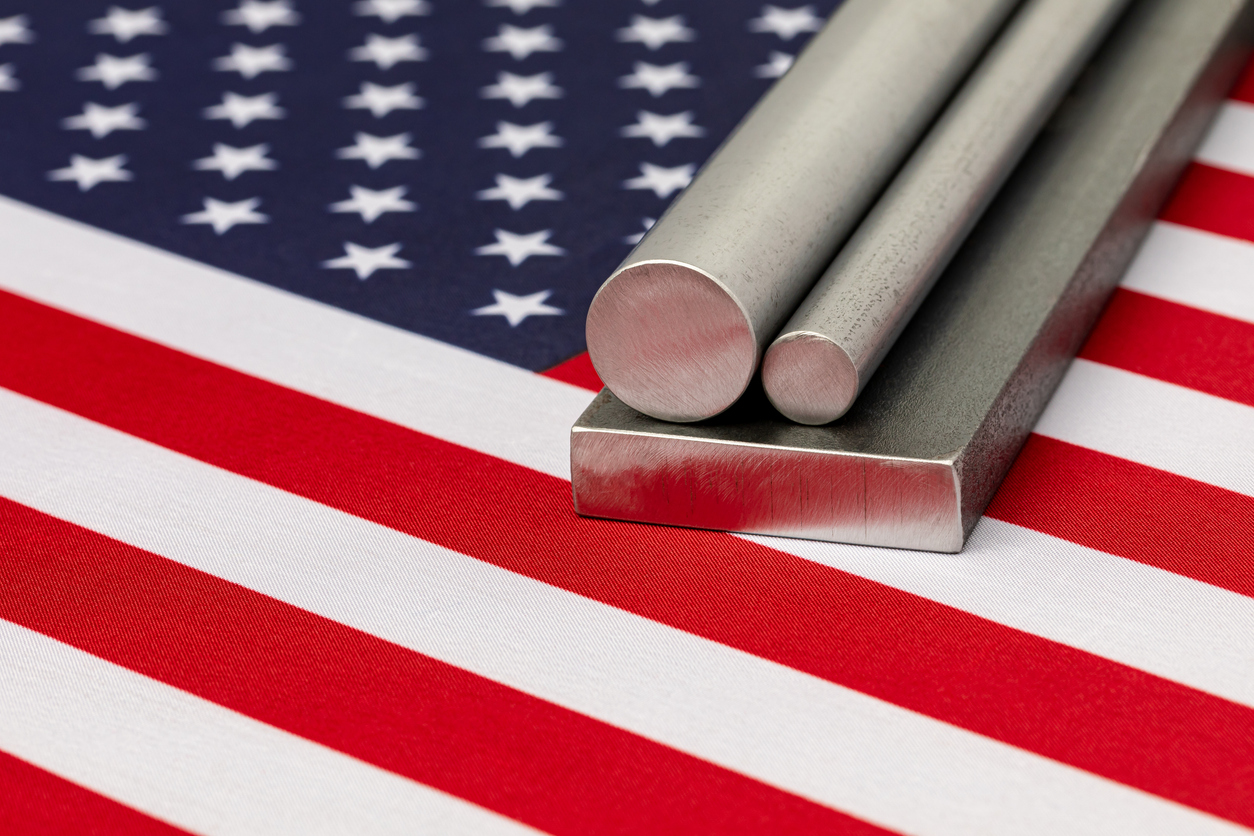The former logistics staffer who reported the import-duty evasion will receive a $152K whistleblower reward.
An importer of Chinese-manufactured ready-to-assemble furniture sold through such retailers as Walmart and Wayfair has paid $798,334 to resolve whistleblower claims it fraudulently used undervalued commercial invoices to reduce its import-duty obligations.
A former employee of Homestar North America alerted the U.S. government to the importer’s alleged double-invoicing scheme by filing a lawsuit under the whistleblower provisions of the False Claims Act and will receive $151,000—approximately 19% of the recovery—as a whistleblower reward, according to the U.S. Justice Department, which intervened in the case.
Undervaluation of Imports and Evasion of Section 301 Tariffs
When goods are entered through U.S. customs, importers are required to submit Form 7501 entry summaries declaring their “transaction value,” which is defined as the “price actually paid or payable by the buyer to the seller.” They are also required to file the commercial invoices received from the seller reflecting those values with U.S. Customs and Border Protection.
Homestar allegedly engaged in a “double invoicing” scheme pursuant to which it caused its Chinese supplier to issue it two sets of commercial invoices—fake ones containing fraudulently reduced prices and real ones with the actual prices.
It then allegedly used the fake commercial invoices and their artificially low values for customs entry, thereby fraudulently reducing its duty obligations. It meanwhile allegedly booked and paid for the imported furniture based on the real invoices.
The scheme was allegedly hatched after the U.S. government imposed Section 301 tariffs of up to 25% on certain Chinese imports, which included the vast majority of Homestar’s products, according to the whistleblower’s complaint.
The customs fraud whistleblower, who was responsible for managing Homestar’s warehouse and overseeing its shipping and receiving, witnessed the alleged scheme in the course of his job, he alleged.
Customs-fraud Whistleblowing Under the False Claims Act
The knowing evasion of customs import duties is a violation of the False Claims Act, which imposes substantial liabilities on parties that defraud the U.S. government or its agencies. The statute authorizes private individuals, known as qui tam relators or whistleblowers, to initiate lawsuits on the government’s behalf. They are generally entitled to receive 15%-30% of the recovery as a whistleblower reward.
In 2023, the government paid $349 million in False Claims Act whistleblower awards.
Albeit customs fraud is believed to be rampant, it is difficult to detect. As a result, the government relies heavily on whistleblowers to expose instances of customs fraud, whether they involve undervaluation of imported merchandise as in the Homestar lawsuit or other types, such as the misclassification of goods under the Harmonized Tariff Schedule or HTS or the misdeclaration of their country of origin or COO.
Fraud is their game.
Integrity is yours.
Speak to a Customs-fraud Whistleblower Attorney
If you know of an importer committing customs fraud, it is imperative to speak with an experienced customs-fraud whistleblower attorney to learn your rights a potential False Claims Act whistleblower. Importantly, you must be represented by an attorney to file a False Claims Act lawsuit and receive a whistleblower reward.
Contact experienced customs-fraud whistleblower attorney Mark A. Strauss for a free consultation and evaluation of your matter. All communications with Mr. Strauss are confidential and protected by attorney-client privilege.




